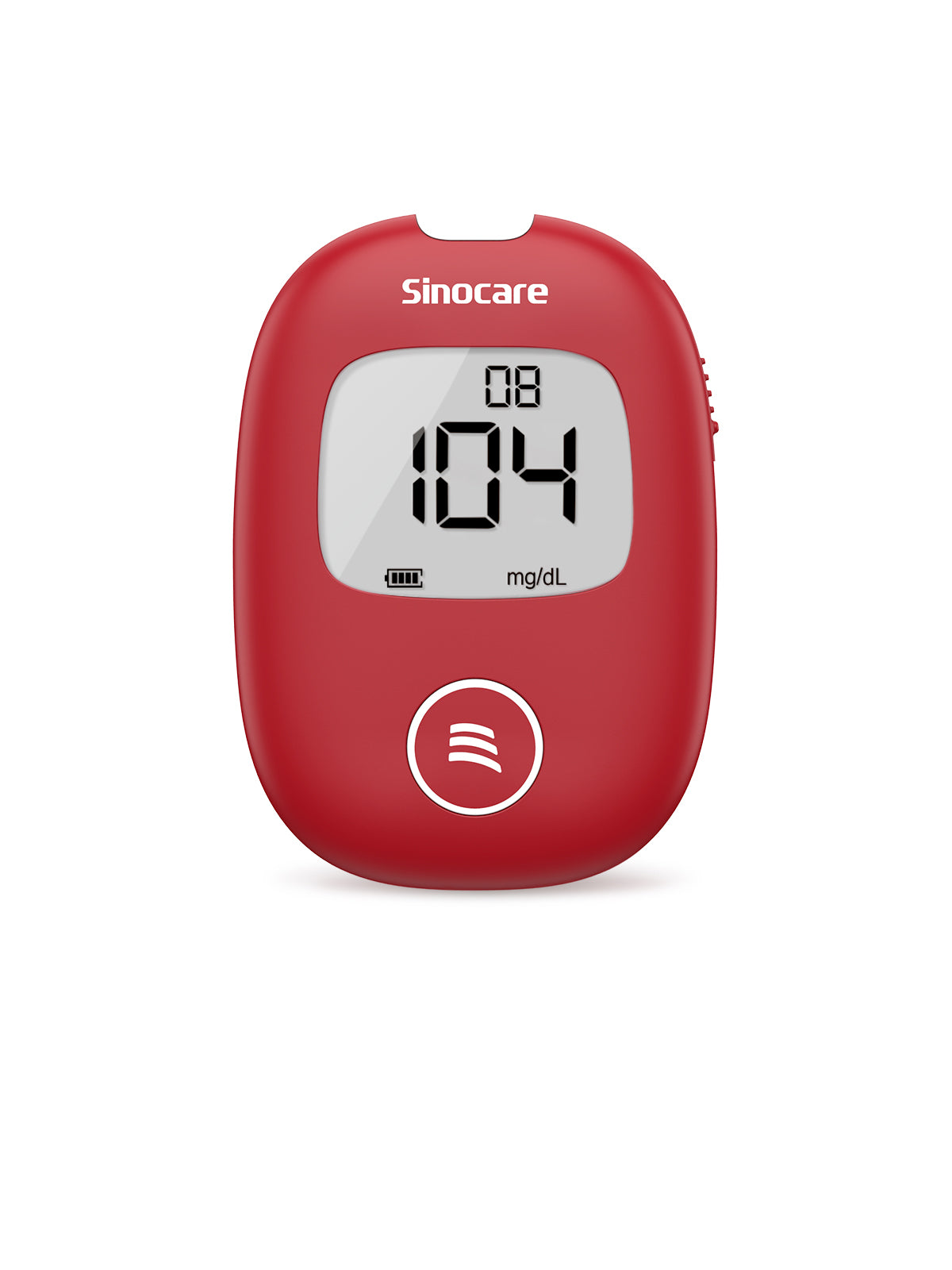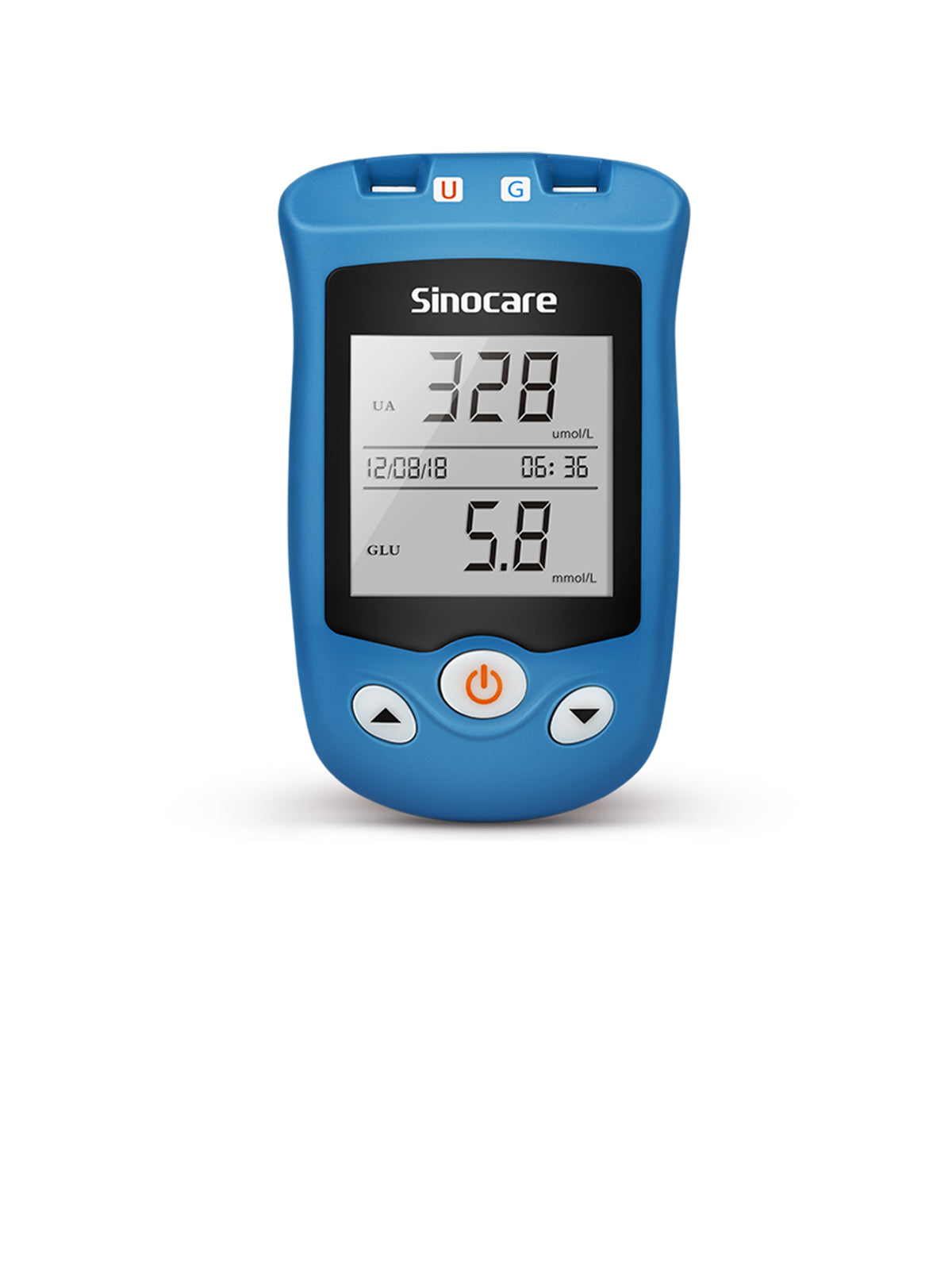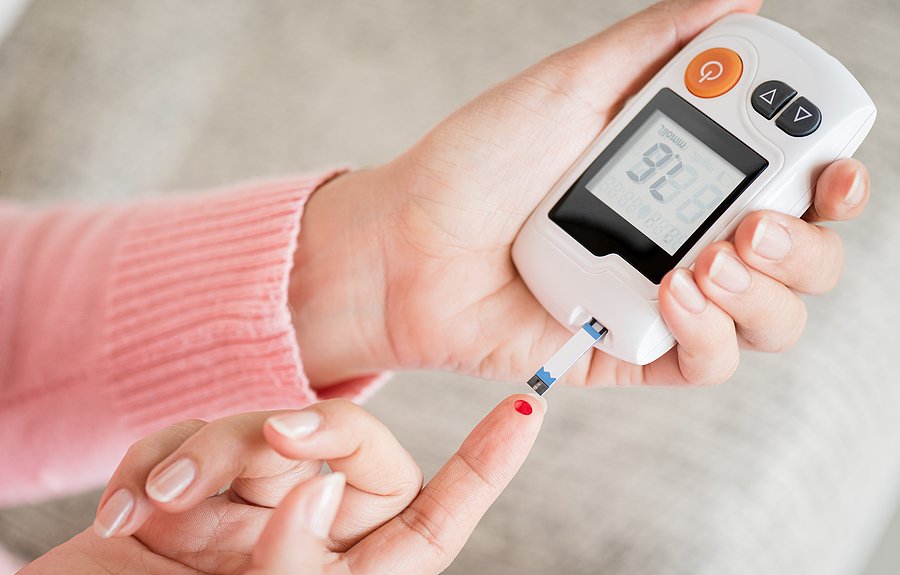The Concept of Blood Glucose Fluctuation
1. Non-same day fasting blood sugar fluctuations of 5.55mmol/L or more
For example, the first morning fasting 5.7mmol/L, the next day or the next few days fasting blood sugar reached 12mmol/L.

2. A change in blood glucose of 11.1mmol/L or more in one day, but it is important to exclude whether this is due to diet, exercise or medication.
Blood glucose fluctuations are not just scary in numbers, they are even more dangerous. If you think high blood glucose is like a tiger, then blood glucose fluctuations are even more fierce than a tiger. If you think high blood sugar is like a tiger, then blood sugar fluctuations are even more dangerous. Imagine if high blood sugar makes your blood vessels swell and low blood sugar makes your blood vessels shrink, and the change from high to low makes your blood vessels shrink and swell, like a wave hitting the already fragile blood vessels.
Two major dangers of blood glucose fluctuations
Killing the islet cells:
the few remaining islet beta cells are getting less and less even, so that the glucose regulation of sugar lovers is completely dependent on exogenous insulin, without their own feedback regulation ability.
Difficult to control your blood glucose:
The body is very sensitive to exogenous insulin. When blood sugar rises, a slight increase in the dose of insulin injection will cause hypoglycemia; while when blood sugar falls, a slight decrease in the dose of insulin will cause a significant rise in blood sugar, just like a strict parent cannot control a child who is in the rebellious stage of adolescence.
What are the causes of blood sugar fluctuations?
1. Disruption of eating routine.
If friends and family get together and overeat, this can cause a sudden rise in blood sugar. If your diet is irregular and you always eat only when you feel hungry there is a good chance that your blood sugar will fluctuate. So, by eating three meals a day at regular intervals, your body will develop its own biological clock over time. If your blood sugar is high or low after three meals, you can adjust it by adding extra meals.

2. Inappropriate exercise.
If you eat too much and move too little, your blood glucose may rise due to the accumulation of calories; if you exercise too intensely and for too long, your blood glucose may fall.

Exercise is the healthiest way for glucose lovers to lower their blood sugar. Regular exercise over a long period of time can promote the breakdown of muscle glycogen and the use of glucose by peripheral tissues. Therefore, if you find that your postprandial blood glucose is high, you should first reflect on whether your exercise regime is reasonable.
3. Irregular life.

If you work overtime, stay up late or lose sleep, your blood sugar will easily rise the next day; if you don't work evenly and are tired for a long time, your blood sugar will drop again. Take a look at your sleep schedule in the last week, are you still playing with your mobile phone in bed after 12?
4. Emotional disturbance.
Tension, anger, mental stimulation, sympathetic excitement will cause a sudden rise in blood sugar; depression, depression, depression all day, vagus nerve activity is dominant, blood sugar may be lower and then higher.
5. Trauma and acute infection.
Trauma, surgery, acute infection such as cold and fever, the body is in a state of stress, blood sugar will generally rise, this time is not too worried, as long as these factors are excluded, blood sugar will return to normal.
6. Special conditions for women with diabetes.
For example, most women's blood glucose rises when they have their menstrual period or during pregnancy or childbirth.
7. Use medication at will.
Whether it is insulin or oral hypoglycemic drugs, unauthorized reduction, discontinuation or replacement of varieties can lead to rapid increase in blood sugar; unauthorized increase in dosage, increase the number of times such as repeated medication or additional varieties can lead to excessive reduction in blood sugar.

8. Adverse reactions of other drugs.
Such as thiazide diuretics, glucocorticoids, sex hormones such as birth control pills, etc., commonly used to increase blood sugar; and such as salicylates, sulfonamides, reserpine, etc., commonly used to lower blood sugar.










Leave a comment
All comments are moderated before being published.
This site is protected by hCaptcha and the hCaptcha Privacy Policy and Terms of Service apply.